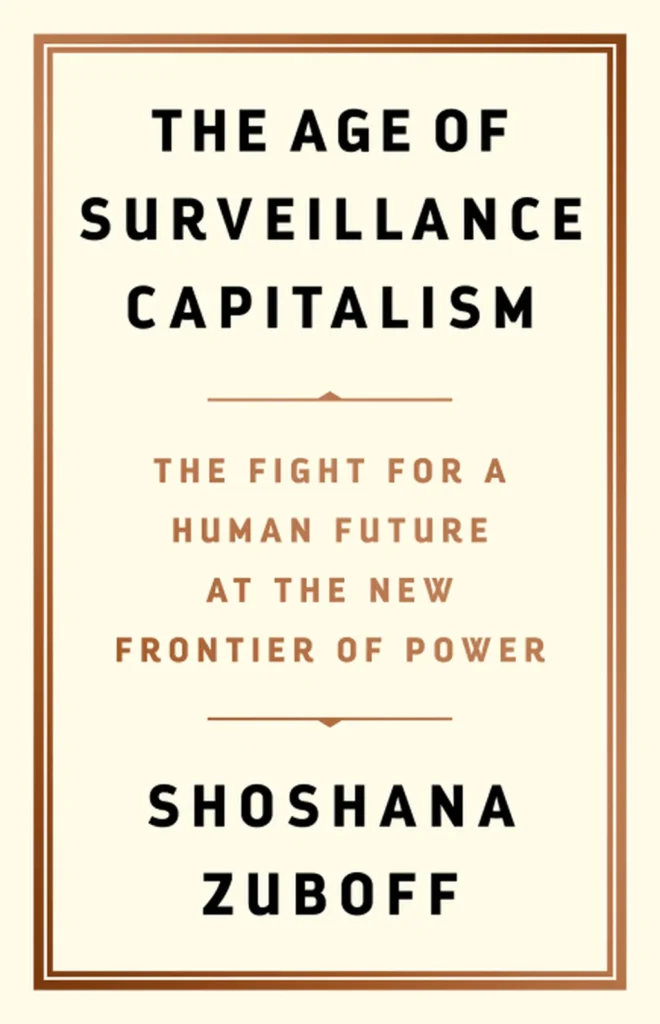In an era dominated by digital interactions and data-driven economies, the concept of surveillance capitalism has emerged as a critical area of ethical inquiry. This phenomenon, characterized by the extensive collection and analysis of user data for targeted advertising and other monetization strategies, has become a defining feature of modern tech giants like Google and Facebook. Beyond the commercial realm, surveillance capitalism also extends into the domain of national security, where advanced technologies such as facial recognition and social media monitoring are deployed to gather intelligence on potential threats. This dual application of surveillance capitalism—both in consumer markets and military operations—raises profound ethical questions that demand rigorous examination.
Researcher Angelica Sofia Valeriani delves into this complex landscape by analyzing surveillance capitalism through two distinct ethical frameworks: utilitarianism and Kantian deontology. Utilitarianism, a consequentialist ethical theory, evaluates actions based on their ability to maximize overall happiness or pleasure for the greatest number of people. From this perspective, the benefits of surveillance capitalism are apparent. Information Technology (IT) and its associated features provide widespread positive perceptions, including entertainment, convenience, and enhanced user experiences. The seamless integration of personalized content and advertisements can indeed bring about significant benefits for a large portion of the population, fostering efficiency and satisfaction in daily digital interactions.
However, the Kantian deontological framework offers a contrasting viewpoint, emphasizing the importance of individual autonomy, freedom, and dignity. This ethical perspective questions the extent to which surveillance capitalism infringes upon these fundamental rights. The practice of granting permissions to access personal data in exchange for services raises critical concerns about the erosion of individual freedom and the potential for manipulative influence. Kantian deontology challenges the notion that the ends justify the means, arguing instead for the intrinsic value of respecting individual autonomy and ensuring that individuals have genuine control over their personal information.
The tension between these two ethical frameworks highlights the nuanced nature of surveillance capitalism. While utilitarianism may justify the widespread adoption of data-driven practices by highlighting their collective benefits, Kantian deontology underscores the ethical imperative to protect individual rights and freedoms. This dual analysis reveals the ethical dilemmas inherent in surveillance capitalism, where the pursuit of efficiency and profitability often clashes with the need to uphold fundamental human values.
As surveillance capitalism continues to evolve, it is crucial to engage in ongoing ethical discourse to navigate its complexities. The insights provided by utilitarianism and Kantian deontology offer valuable perspectives that can inform policy, regulation, and corporate practices. By striking a balance between maximizing collective benefits and safeguarding individual rights, society can work towards a more ethical and equitable digital future. Valeriani’s research serves as a timely reminder of the importance of ethical considerations in shaping the technologies and practices that define our modern world. Read the original research paper here.

